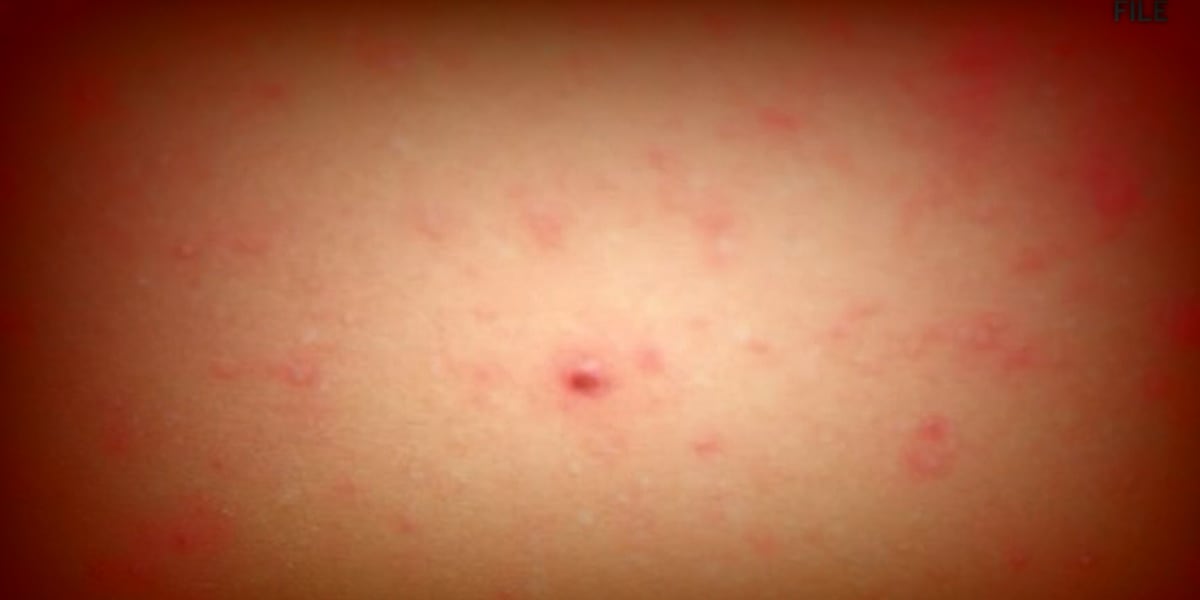Measles Case Confirmed in South Carolina: What You Need to Know

The South Carolina Department of Public Health (DPH) has confirmed the first case of measles in the state since September, raising concerns and prompting a renewed call for vaccination. This news comes as measles cases are on the rise nationwide, highlighting the importance of protecting yourself and your community.
What is Measles?
Measles is a highly contagious viral illness that can cause serious complications, especially in young children and those with weakened immune systems. Symptoms typically appear within 10-14 days after exposure and include:
- High fever (often over 104°F)
- Cough
- Runny nose
- Watery, red eyes
- Tiny white spots (Koplik’s spots) inside the mouth
- A rash that starts on the face and spreads to the rest of the body
Measles is spread through the air when an infected person coughs or sneezes. It's incredibly easy to catch, making vaccination the best prevention method.
Why is this Case Concerning?
The recent confirmation in South Carolina is a reminder that measles hasn't been eradicated. While vaccination rates are generally high, pockets of unvaccinated individuals remain, creating opportunities for outbreaks. The fact that it's the first case since September suggests potential exposure and underscores the need for vigilance.
Protecting Yourself and Your Community
The DPH strongly recommends the following:
- Get vaccinated: The MMR (measles, mumps, and rubella) vaccine is safe and effective. Most children receive two doses – one at 12-15 months and a booster at 4-6 years. Adults who aren't vaccinated should get the MMR vaccine.
- Check your vaccination records: If you're unsure if you're immune to measles, consult your doctor.
- Stay home if you're sick: If you suspect you have measles, isolate yourself from others and contact your healthcare provider immediately. Don't go to public places.
- Be aware of symptoms: Know the signs of measles and seek medical attention promptly if you or your child experience them.
What's the DPH Doing?
The South Carolina Department of Public Health is working to identify and contact individuals who may have been exposed to the infected person. They are also monitoring vaccination rates and providing public health education to raise awareness about measles prevention.
Resources
- South Carolina Department of Health and Environmental Control (DHEC) – Measles
- Centers for Disease Control and Prevention (CDC) – Measles
This measles case serves as a crucial reminder of the importance of vaccination and the ongoing need to protect our communities from preventable diseases. Stay informed, get vaccinated, and help keep South Carolina healthy.






